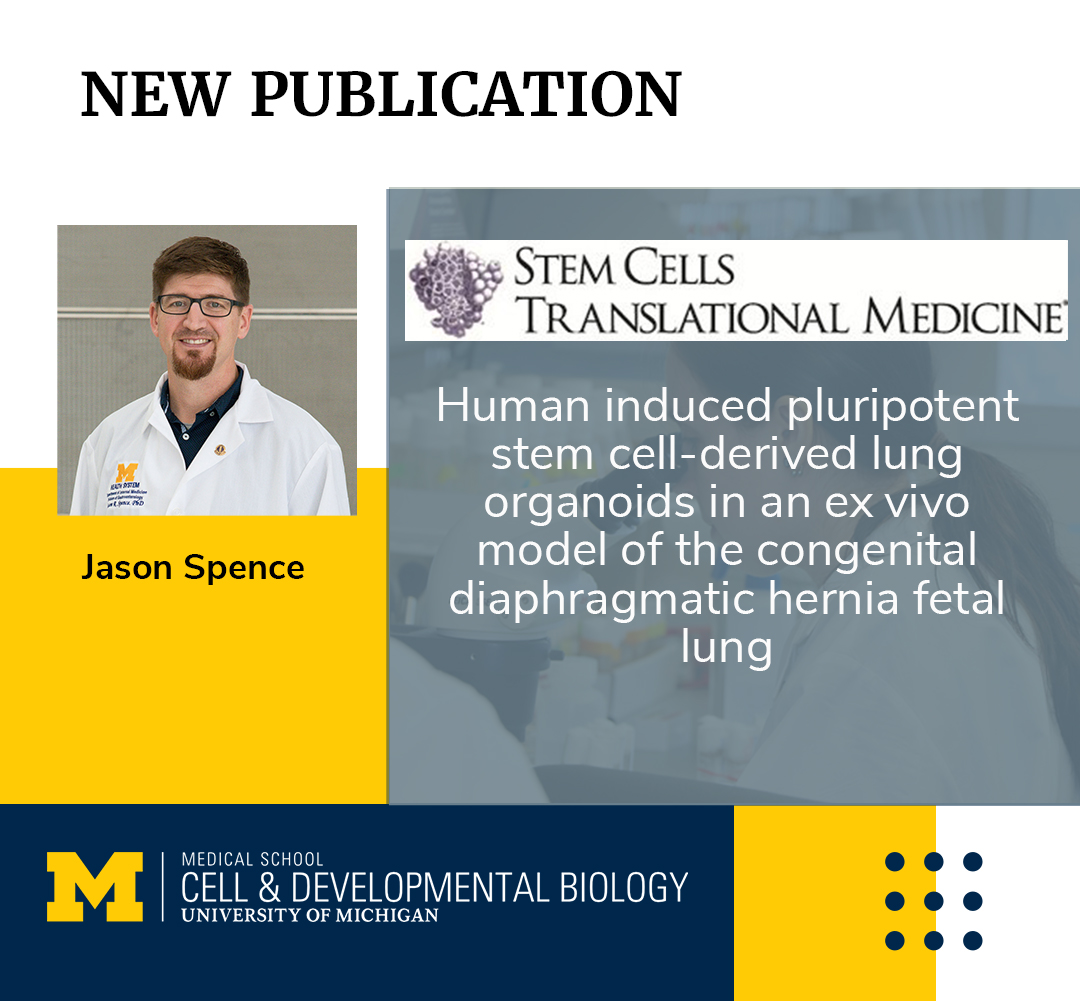
Abstract
Three‐dimensional lung organoids (LOs) derived from pluripotent stem cells have the potential to enhance our understanding of disease mechanisms and to enable novel therapeutic approaches in neonates with pulmonary disorders. We established a reproducible ex vivo model of lung development using transgene‐free human induced pluripotent stem cells generated from fetuses and infants with Bochdalek congenital diaphragmatic hernia (CDH), a polygenic disorder associated with fetal lung compression and pulmonary hypoplasia at birth. Molecular and cellular comparisons of CDH LOs revealed impaired generation of NKX2.1+ progenitors, type II alveolar epithelial cells, and PDGFRα+ myofibroblasts. We then subjected these LOs to disease relevant mechanical cues through ex vivo compression and observed significant changes in genes associated with pulmonary progenitors, alveolar epithelial cells, and mesenchymal fibroblasts. Collectively, these data suggest both primary cell‐intrinsic and secondary mechanical causes of CDH lung hypoplasia and support the use of this stem cell‐based approach for disease modeling in CDH.
